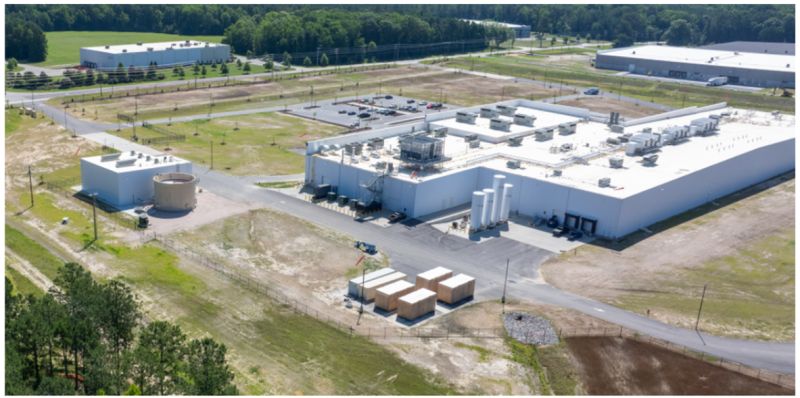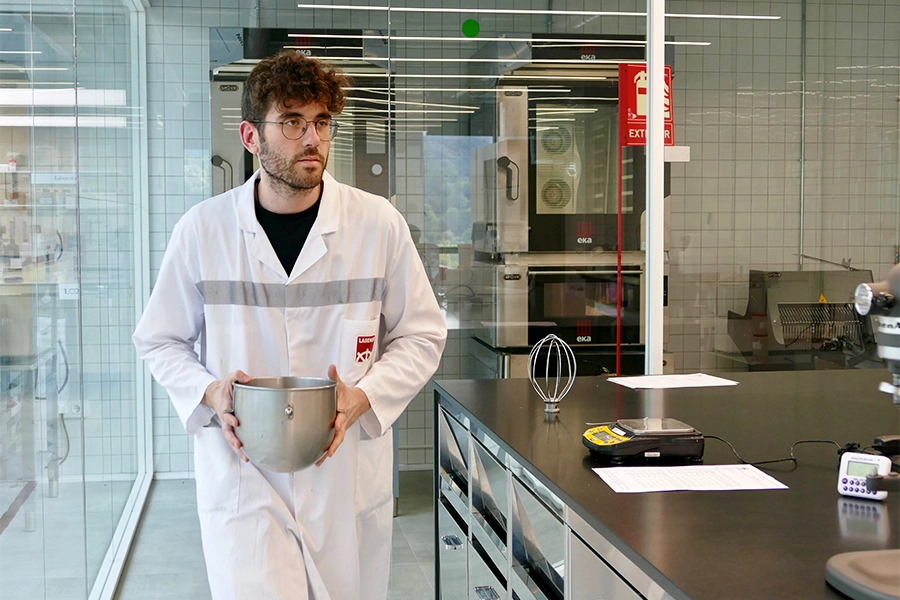

EU parliament votes to transform protein production for a more sustainable future
Food awareness organization, ProVeg International, has welcomed a European Parliament vote last night on a non-binding, own initiative report that calls for the EU to boost the production and consumption of high protein crops.
"Increasing plant protein production and consumption is a necessary and important step towards a sustainable future," said Lucia Hortelano, EU Policy Manager at ProVeg.
"We need to reduce our dependence on imports and explore innovative protein sources for the benefit of both food security and the environment,” she added.
The Parliament's report emphasizes the importance of plant-based proteins for both food security and the environment. The report was drawn up after the European Commission announced in its 2022 food security communication a revision of its 2018 report on the development of plant proteins.
The European Parliament began work on its report to influence the Commission’s strategy. Although an own initiative report is non-binding and more meant to express what the Parliament would like to see in a strategy, it is nonetheless important as it specifically addresses the promotion of alternative proteins.
The global grain supply was disrupted by the invasion of Ukraine by Russia, a major wheat producer. While the EU is a net exporter of wheat itself, the impact on prices threatens food affordability for EU citizens on low income.
On top of this, soya grown in the Amazon for sale as animal feed in the EU continues to contribute to widespread deforestation and the EU remains heavily reliant on soya imports.
The Parliament report calls for increased production and consumption of plant protein crops within the EU. It also advocates for sustainable soy production, further research and innovation in plant-based protein production, environmental transparency, and support for leguminous crops.
“We invite the Commission to seize this chance to present a more ambitious report to support the future of plant-based and alternative proteins once the final report is published early next year,” Hortelano said.
If you have any questions or would like to get in touch with us, please email info@futureofproteinproduction.com






